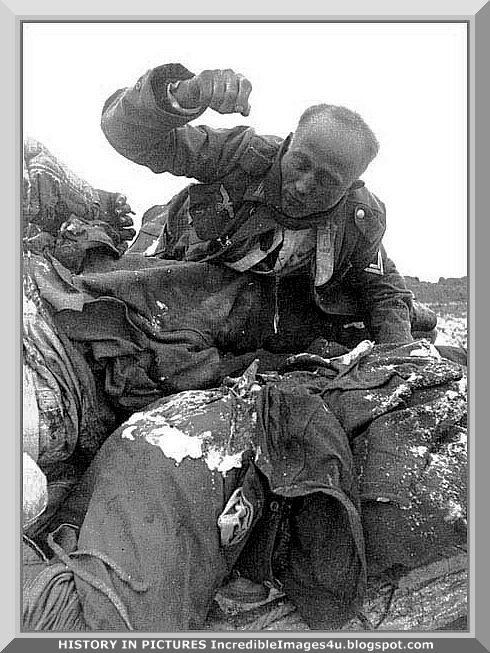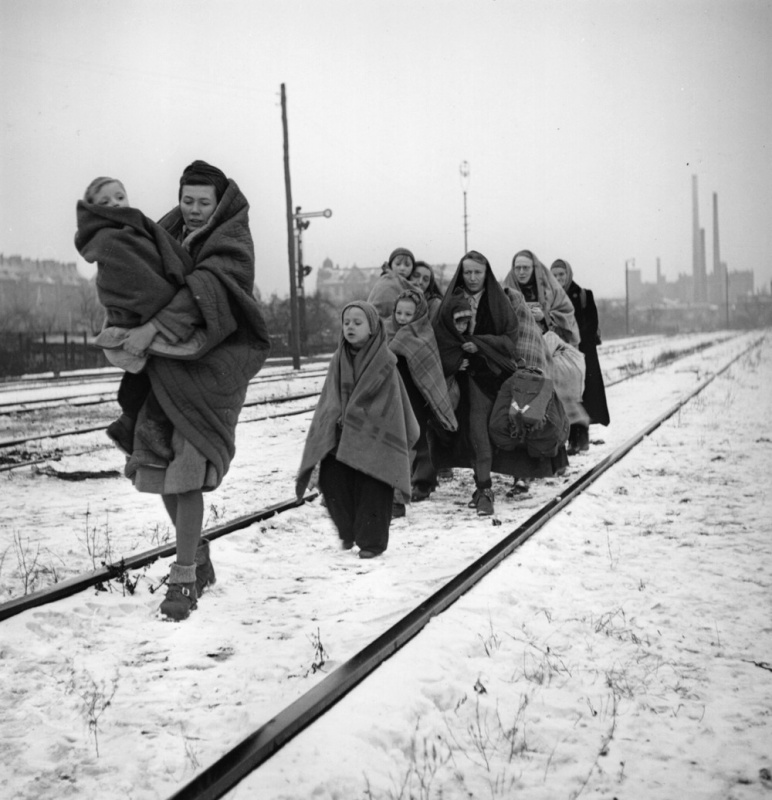

Religious groups also sponsored some 10,000 military chaplains and initiated various ministries in and around military bases. Like their fellow citizens, they proudly joined the military and fought the enemy. For example, Christians, Jews, and Buddhists entered the military in unprecedented numbers. They tried to walk a fine line between support and criticism, cooperation and resistance. Still, American entry into the war did not mitigate the concerns that many religious groups had about the war itself. They ministered to the spiritual needs of the nation and supported the war effort, yet without abandoning their commitment to religious principles that transcended the war effort. In deliberate contrast to the zealous, jingoistic support they had displayed during World War I, American religious organizations were careful to hold fast to the ideals of peace, justice, and humanitarianism during World War II, even if it meant criticizing the American government. Yet religious groups responded to the war with surprising reservation and ambivalence, too. If anything, Americans were confident that the Allied cause was right and that the enemy was wrong. They sent their sons and daughters into the military, accepted shortages as a matter of course, worked in industries that fueled the war machine, and prayed for safety and victory. Religious groups rallied to support the Allied cause during World War II, as they had during World War I. However, the attack on Pearl Harbor made the debate irrelevant. Fundamentalists, meanwhile, looked to see if this would lead to the end of history. Most mainline Christian groups opposed entry. The Christian theologian Reinhold Niebuhr and his colleagues encouraged intervention, but they were the minority. That resistance set off a wide and intense debate about intervention. Religious groups resisted American entry into the war.

Making pledges to resist all wars, they cried, "never again," even when the shadow of Nazism fell over Europe. Many members of the clergy realized in the wake of World War I that they had been duped by propaganda, and they recognized that the lofty principles over which the war was fought were never achieved. The devastation of World War I loomed in the background for Americans when war began in Europe in September 1939 and when the United States moved to assist Britain prior to entering the war in December 1941.


 0 kommentar(er)
0 kommentar(er)
